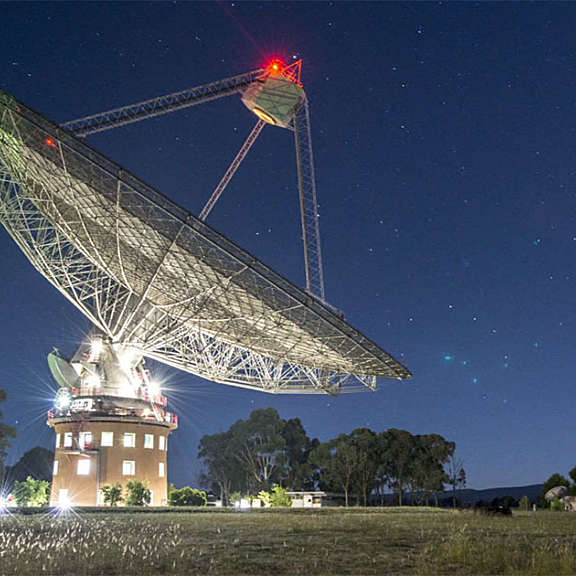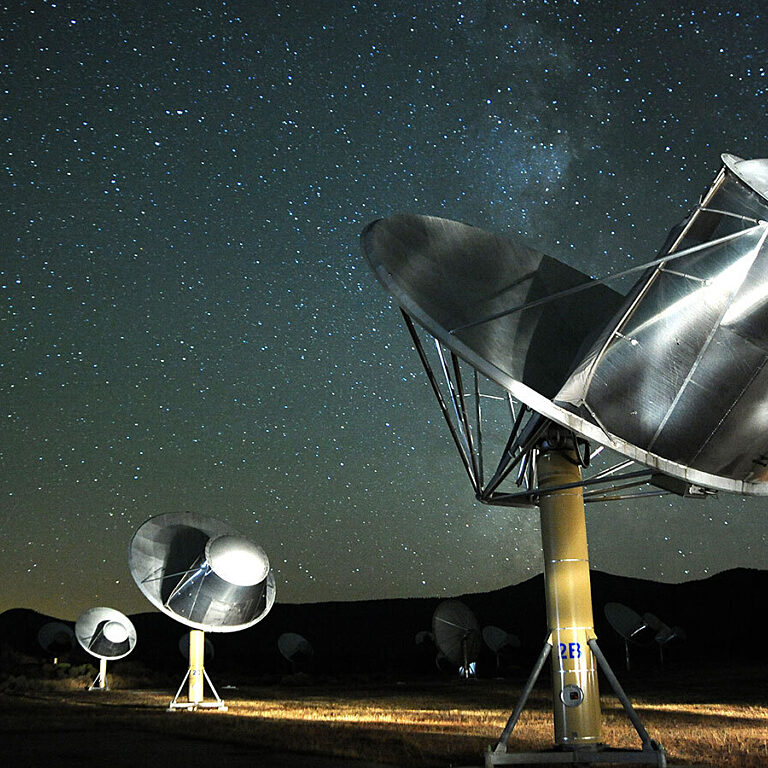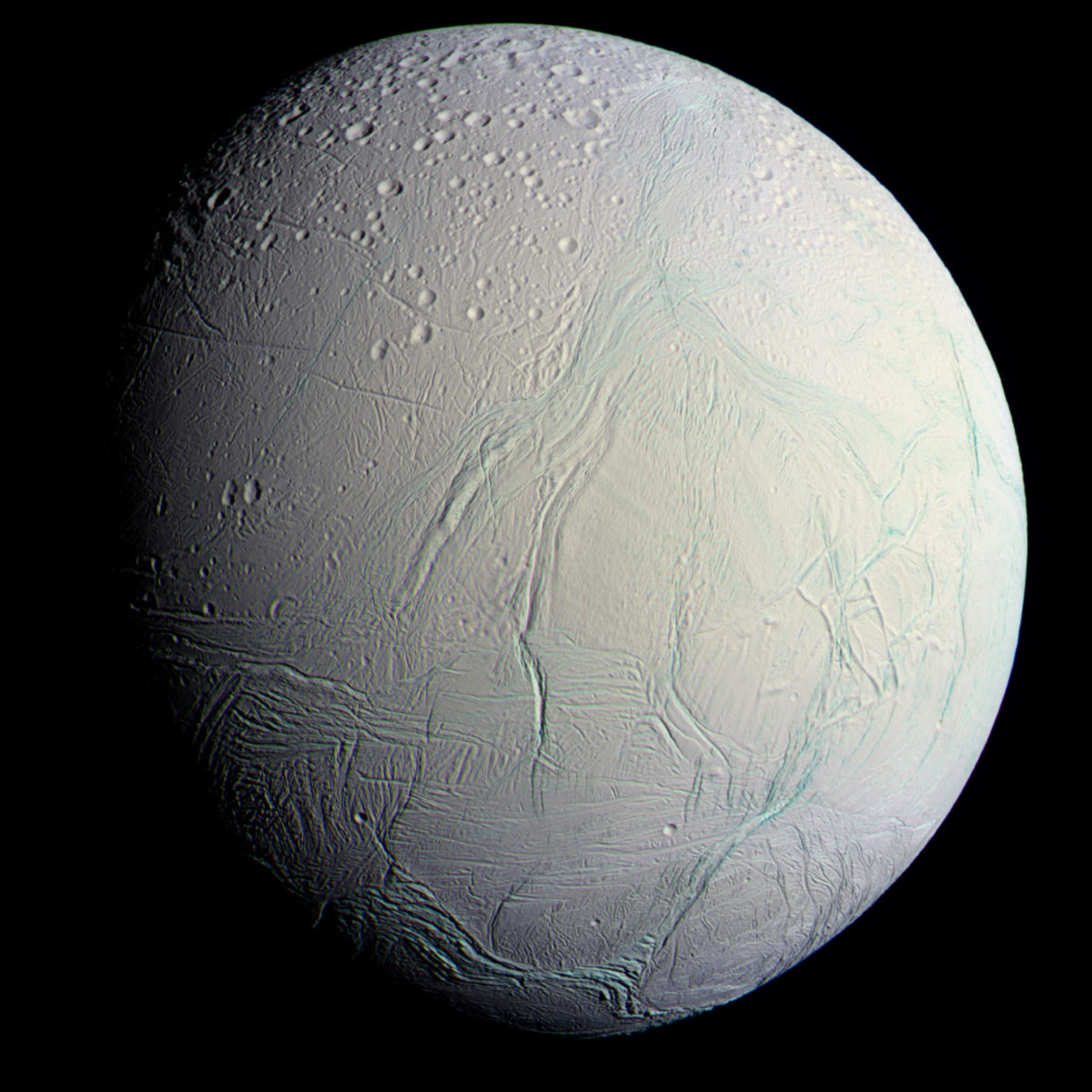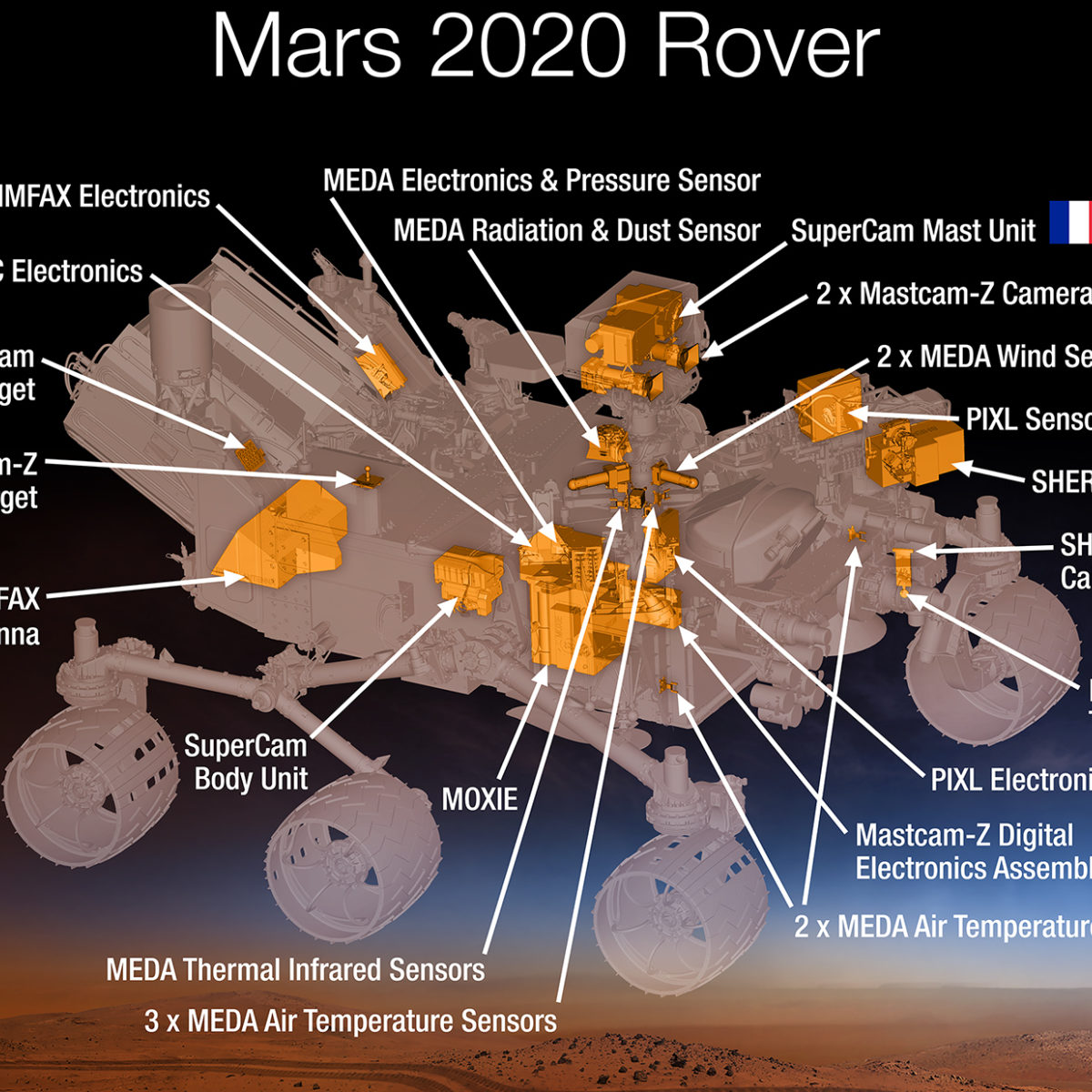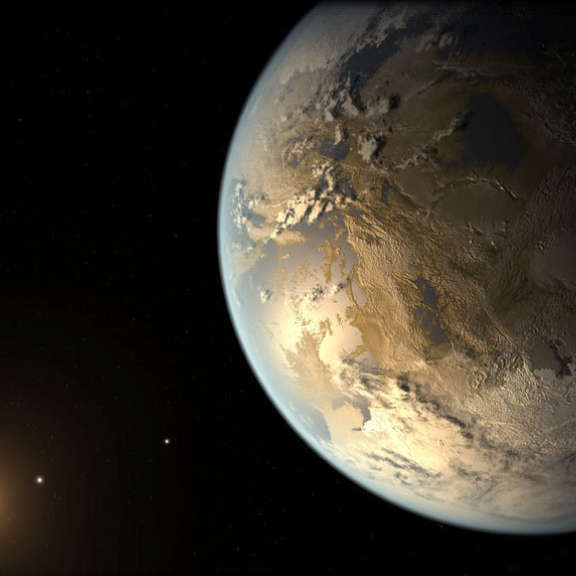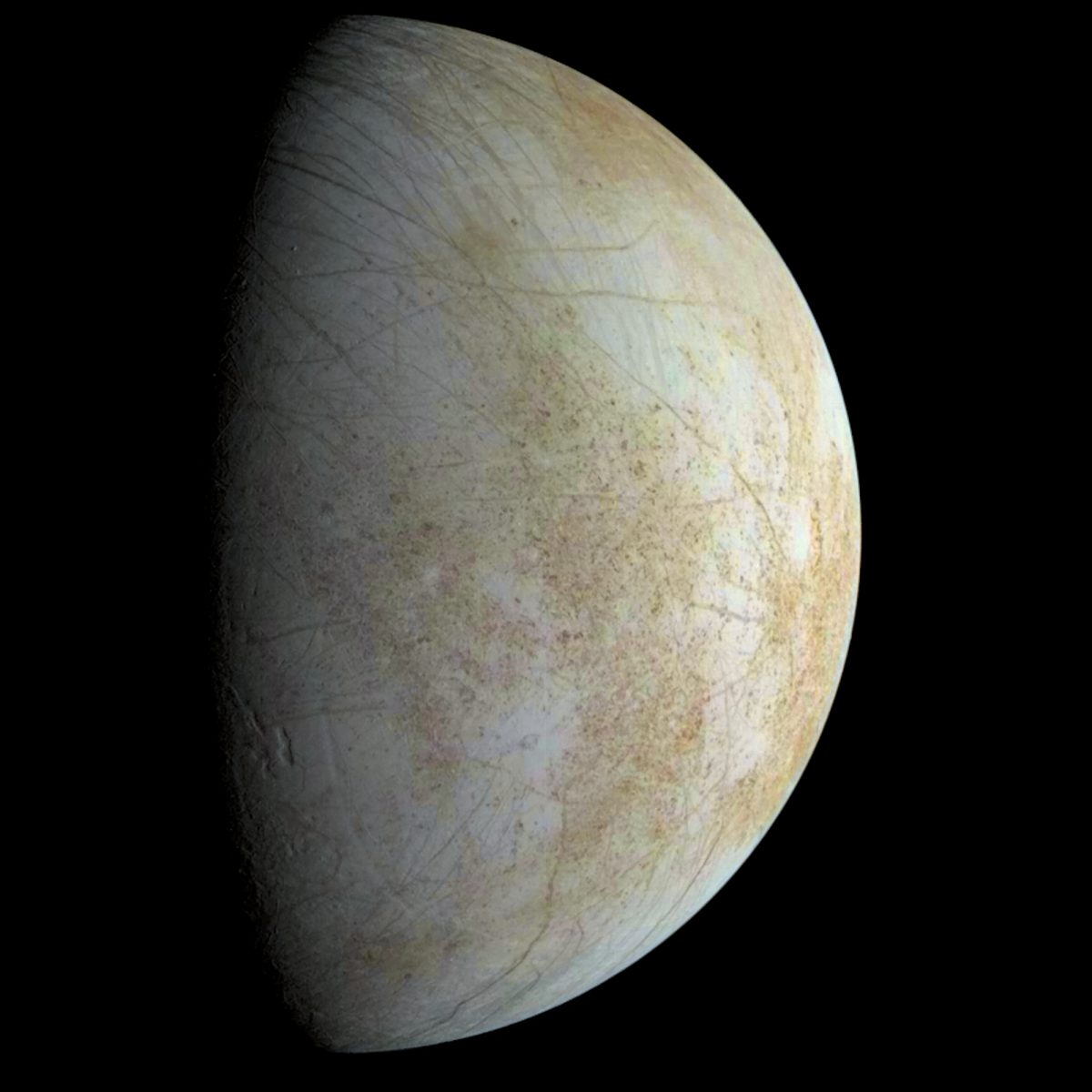All
All
Stories, updates, insights, and original analysis from The Planetary Society.
Creating a guidebook for Earth's hypothetical twin
Early Earth's atmosphere wasn't a place for humans. Yet the planet had microbial life—something we should keep in mind for exoplanets.
Reminder: The Giant Magellan Telescope is going to be awesome
The GMT will characterize Earth-size exoplanets' atmospheres, looking for compounds that indicate the presence of life.
Is There Anybody out There?
The Planetary Society has supported SETI, the search for extraterrestrial intelligence, practically since our founding in 1980. Learn the past, present, and future of SETI.
Doing SETI Better by Understanding Ourselves
One of the reasons SETI is hard is that we don’t know exactly what we are looking for, and part of that difficulty is that we still aren’t sure of who we are. An astronomer and an anthropologist team up to explore how cultural myopia shape what we can find in the cosmos.
Meet two astronaut candidates who can help NASA do science on other worlds
Two of NASA's new astronaut candidates are particularly suited to conduct scientific research on other worlds: Zena Cardman, a geobiologist, and Jessica Watkins, a geologist.
Fossils or good-looking rocks? Why searching for life on other worlds is hard
If you find a structure that looks like ancient life, can you be really sure that it is ancient life?
Another smoking gun in the search for life in Enceladus’ ocean
NASA's Cassini spacecraft sniffed out molecular hydrogen spewing from Enceladus' subsurface ocean. The discovery means Saturn's moon has all the basic ingredients needed to support life.
Microbes exist deep inside Earth’s craters. Could this be the secret to finding life on other worlds?
Earth possesses amazing biological diversity. Every corner of this planet—no matter how bizarre the place—is inhabited by microorganisms. This includes impact craters.
Let’s be careful about this “SETI” signal
Several readers have contacted me recently about reports that a group of international astronomers have detected a strong signal coming from a distant star that could be a sign of a high-technology civilization. Here’s my reaction: it’s interesting, but it’s definitely not the sign of an alien civilization—at least not yet.
IceBreaker: The Search for Life on Mars
The IceBreaker mission, proposed to NASA's Discovery program for low-cost missions, would seek out life on the northern plains of Mars.
Here Are the Science Instruments NASA Will Use to Explore Europa
NASA just announced the science instruments that will be used to understand the enigmatic ocean moon of Europa. The mission is planned to launch sometime in the early 2020s.
OSIRIS-REx – Seeking Answers to the Sweet Mystery of Life
The nature of the origin of life is a topic that has engaged people since ancient times. The samples to be collected by OSIRIS-REx, returned to the Earth in 2023 and archived for decades beyond that, may indeed hide the secrets to the origin of life.
New Horizons One Earth Message
The One Earth Message Project is going to send a message to the stars, and we invite members of the Planetary Society to join us in this historic endeavor.
Planet Formation and the Origin of Life
To understand the possible distribution of life in the Universe it is important to study planet formation and evolution. These processes are recorded in the chemistry and mineralogy of asteroids and comets, and in the geology of ancient planetary surfaces in our Solar System.
Undeniable Commitment to Education, Empowerment & Understanding the Cosmos
Today, The Planetary Society celebrates our CEO Bill Nye’s latest science education feat: the release of his book, Undeniable: Evolution and the Science of Creation. Erin Greeson, The Planetary Society's director of communications, tells us about it.
Back on the Rails with OSETI
The Planetary Society sponsored all-sky optical SETI search at Harvard University went off the rails, telescope roof rails that is, but it is back on track and hunting the sky for ET.
Mars 2020 Instruments – A Plan for Sample Return
Van Kane gives us a tour of the instruments selected for the Mars 2020 rover.
The Habitable Zone of Inhabited Planets
A team of Colombian researchers are arguing for a new refinement to the idea of the habitable zone that takes the presence of life itself into account.
We could find life on another planet, but do we have the will?
Are we alone in the universe? This month’s National Geographic cover story takes a look at the question, and I weighed in on the subject.
NASA selects Planetary Society LIFE Proposal
NASA has selected a Planetary Society proposal to study accommodation of the Society’s LIFE (Living Interplanetary Flight Experiment) biomodule on NASA’s Asteroid Redirect Mission (ARM).


 Explore Worlds
Explore Worlds Find Life
Find Life Defend Earth
Defend Earth


 Sun
Sun Mercury
Mercury Venus
Venus Earth
Earth Mars
Mars Jupiter
Jupiter Saturn
Saturn Uranus
Uranus Neptune
Neptune Small Bodies
Small Bodies

